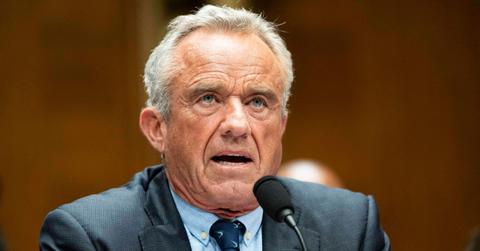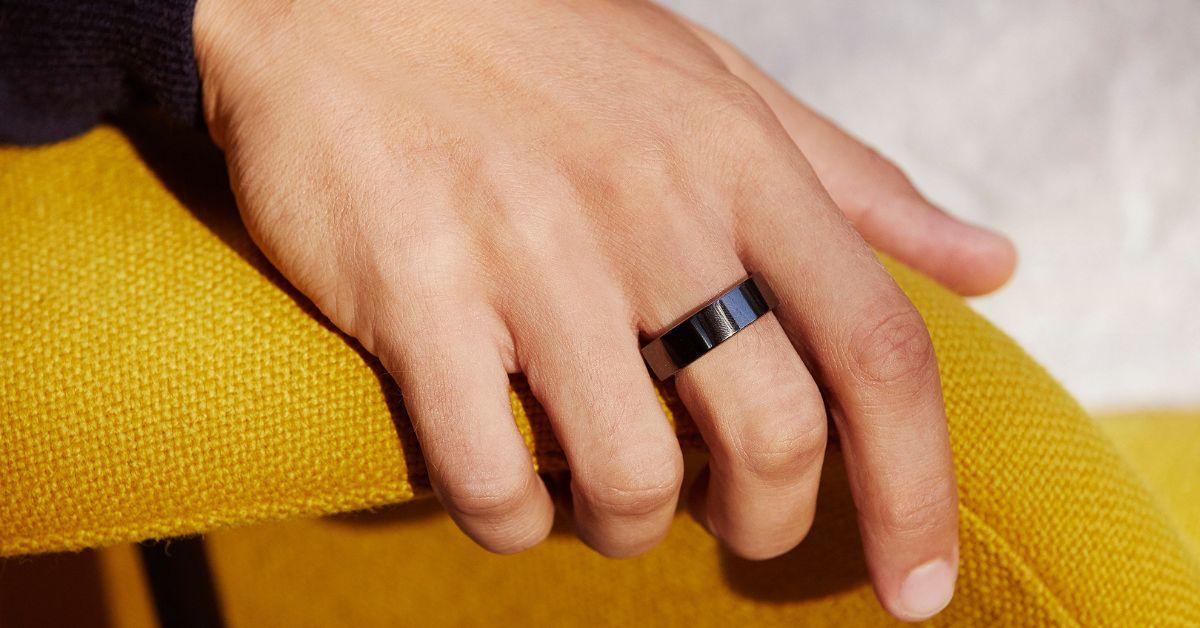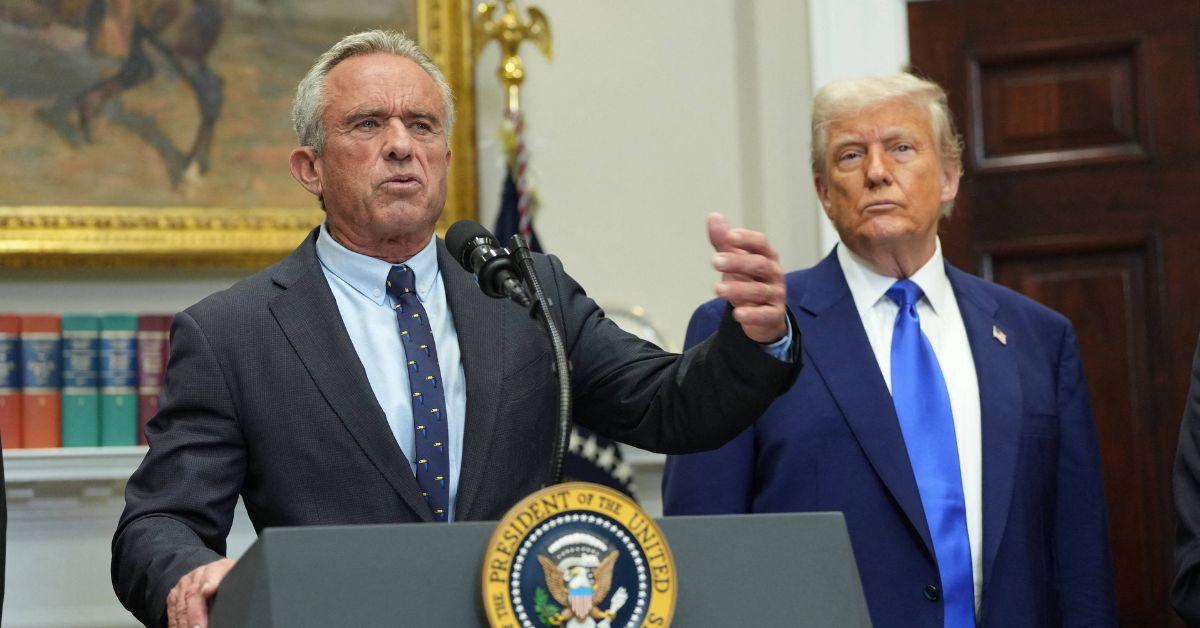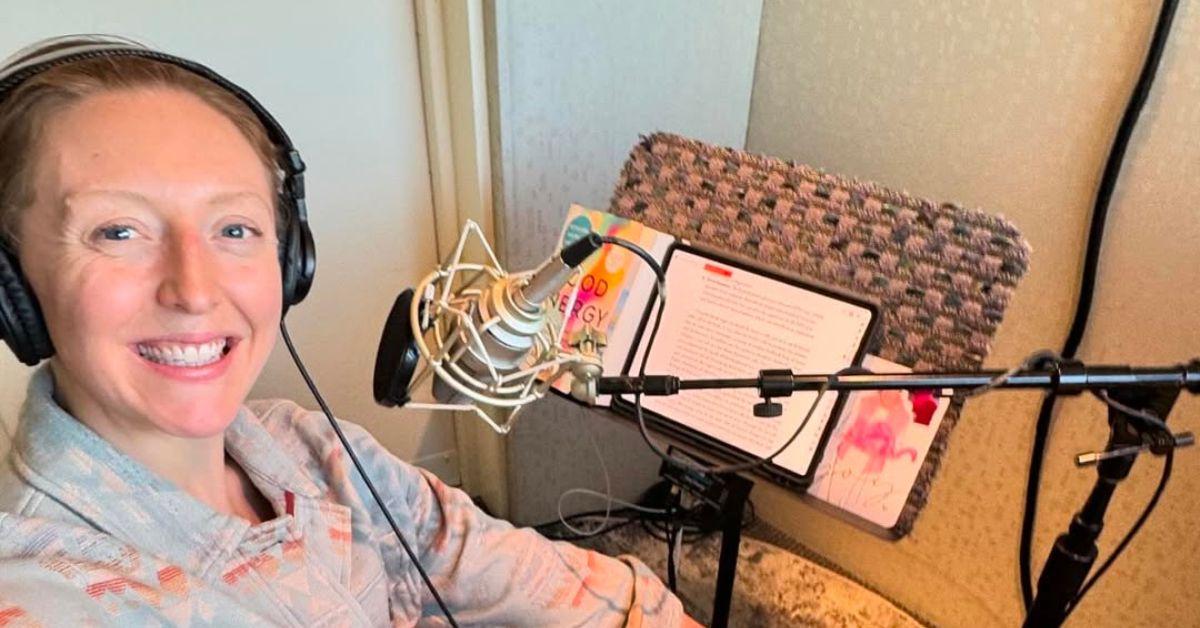 NEWS
NEWSRobert F. Kennedy Jr.'s Bold Proposal: Tracking Devices for Every American to Combat Cancer and Chronic Disease

RFK Jr. proposed tracking devices for Americans to help combat cancer and chronic illness.
July 9 2025, Published 5:33 p.m. ET
Robert F. Kennedy Jr. has unveiled an ambitious plan to fit every American with a tracking device within the next four years.
The Health and Human Services Secretary revealed his intentions during a House hearing, stating that devices similar to the Apple Watch, Fitbit, Whoop, and Oura ring are "key to the MAHA agenda."
He believes that these technologies can empower individuals to enhance their health, facilitating weight loss and encouraging regular exercise while promoting "good judgments about their diets, their physical activity, and how they live their lives."

Robert F. Kennedy Jr. is an environmental lawyer and independent presidential candidate known for his controversial health views.
To ensure that a smartwatch, ring, or monitor reaches every American, RFK Jr. announced plans for "one of the biggest" advertising campaigns in history aimed at encouraging widespread use. The devices vary in price from $99 to nearly $800.

The HHS Secretary called devices like Apple Watch and Fitbit vital to the MAHA agenda during a House hearing.
Kennedy suggested that officials are "exploring" how the government could fund these devices for some Americans. This plan is the latest initiative in his "Make America Healthy Again" mission and aligns with his commitment to uncovering and addressing the increasing rates of cancer, chronic disease and autism among young people.
However, some commentators noted that this proposal seems counterintuitive for the health secretary, who has previously decried a "surveillance state."
During his presentation to the Energy and Commerce Health Subcommittee, Kennedy remarked, "We think that wearables are a key to the MAHA agenda, Making America Healthy Again."

The HHS Secretary said devices like Apple Watch and Fitbit are important to promoting healthier lifestyles under the MAHA agenda.
Want OK! each day? Sign up here!
The health secretary explained how wearables allow individuals to take control of their health. "They can see what food is doing to their glucose levels, their heart rates, and a number of other metrics as they eat. And they can begin to make good judgments about their diet, about their physical activity, about the way that they live their lives," he said.
When asked whether the federal government might subsidize the devices, he indicated, "You know the Ozempic is costing $1,300 a month. If you can achieve the same thing with an $80 wearable, it's a lot better for the American people. We're exploring ways to make sure that those costs can be paid for."
Recent surveys suggest that over 40 percent of American adults, approximately 103 million people, already utilize a wearable device — reflecting similar statistics about the obesity epidemic in the country.
The market features more than 38 brands and hundreds of devices, with one-time purchases priced between $99 and $800, or a subscription model exceeding $200 annually.
These options include watches, rings and glucose monitor devices that can be injected for up to 15 days of continuous monitoring.

Surgeon General Casey Means often wears a gold ring resembling an Oura ring.
Surgeon General Casey Means frequently showcases a large gold ring on her index finger, resembling the Oura ring, a popular choice among health enthusiasts. Many medical professionals support the use of wearables for tracking exercise, heart rate, sleep and steps, claiming they might inspire individuals to take charge of their health.
Kennedy's proposal received mixed reactions on social media platform X. Supporters hailed it as a "great idea," noting it would "not only save lives, it will continue to save countless dollars and preserve quality of life."
Conversely, critics expressed outrage, reminding Kennedy of his previous arguments against similar technologies, stating, "You used to rage about these very subjects — you even made money speaking against EMFs, biometric surveillance, 5G, health privacy, and so on."
The health secretary has previously argued that electromagnetic radiation from such devices — even at low levels — can cause "neurological damage" and trigger "cellular damage and even cancer," a claim the FDA disputes.
Surgeon General Means remains optimistic about wearables, calling them "the most powerful technology for generating the data and awareness to rectify our bad energy crisis in the Western world."
In addition to her public health advocacy, Means is a co-founder of Levels, a company providing continuous glucose monitors and other health trackers, where subscribers pay $199 annually for their services.


